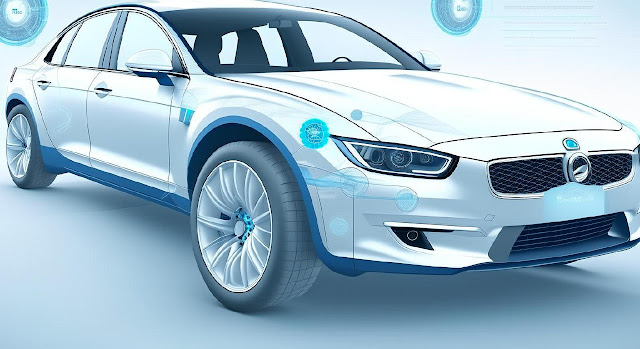Going Green with CNG Kits: A Comprehensive Overview of Price, Usability, and Top RTO Approved Brands
With the increasing concern for the environment, more and more people are looking for alternative fuel options for their vehicles. Compressed Natural Gas (CNG) is one such option that has gained popularity in recent years. But what exactly is a CNG kit? In this article, we will explore the price, usability, and top RTO approved brands of CNG kits, along with their pros and cons.
CNG, as the name suggests, is a form of natural gas that is compressed to fit into a vehicle's fuel tank. It is primarily composed of methane and is considered to be a cleaner and more environmentally friendly fuel compared to gasoline or diesel. CNG kits are retrofitted onto vehicles, allowing them to run on this alternative fuel source.
Price is often a critical factor when considering any vehicle modification. The cost of a CNG kit can vary depending on the brand, type, and installation charges. On average, a CNG kit can cost anywhere between $500 to $2000. While the initial investment may seem steep, the long-term savings on fuel costs can make it a worthwhile investment.
Usability is another important aspect to consider. CNG kits are compatible with most petrol and diesel vehicles. However, it is essential to check if your vehicle is compatible before installing a CNG kit. Additionally, CNG kits require a separate fuel tank to be installed in the vehicle, which takes up some space in the trunk or under the chassis. This can reduce the overall cargo space available.
When it comes to RTO approved brands, it is crucial to choose a reliable and trusted brand for your CNG kit. Some of the top RTO approved brands for CNG kits include Tomasetto Achille, Lovato, and BRC. These brands have been tested and approved by the Regional Transport Office (RTO) for their quality and safety standards.
Now, let's take a look at the pros and cons of installing a CNG kit in your vehicle.
Pros:
Environmental-friendly:
CNG is a cleaner fuel compared to gasoline or diesel, resulting in reduced emissions and air pollution.
Cost-effective:
CNG is generally cheaper than gasoline or diesel, leading to significant savings on fuel costs.
Government incentives:
Many governments offer incentives and subsidies for using CNG as an alternative fuel, further reducing the overall cost.
Longer engine life:
CNG burns cleaner, which can result in less wear and tear on the engine, potentially extending its lifespan.
Cons:
Limited refueling infrastructure:
CNG refueling stations are not as widespread as gasoline or diesel stations, which can limit the convenience of refueling.
Reduced power and range:
CNG has a lower energy density compared to gasoline or diesel, leading to slightly reduced power and range.
Installation and maintenance costs:
While CNG kits can save money in the long run, the initial installation and periodic maintenance costs can be higher compared to traditional




Комментарии
Отправить комментарий